Artificial intelligence (AI) is a growing industry with a wide range of uses. One of these uses of AI has been in assisting pathologists, especially in improving efficiency and patient care and increasing the information gleaned from each biopsy. AI supports pathologists during multiple digital workflow stages, enabling them to spend less of their time on tedious tasks and more on what they do best: diagnosing tissue and providing quality patient care.
Traditionally, pathologists physically examined a tissue sample on a glass slide under a microscope to search for and diagnose cancer. Over the years, the number of pathologists has been declining as biopsies increase. Even with the advantages that come from the adoption of digital pathology across many practices, pathologists’ workloads and the demand for their expertise continue to grow.
Several companies have made it their mission to provide AI that integrates with digital pathology. Some artificial intelligence can even detect patterns in the slides that are undetectable to the human eye, even with the assistance of a microscope. It can also assist with menial but essential tasks that take a significant workload off the pathologist, allowing more time to focus on interpreting data for more cases. Now, patients can have faster results with more data than ever, leading to better treatment plans. Here are the top 10 companies in alphabetical order leading the charge in providing artificial intelligence for digital pathology:
1. Aignostics 
Aignostics is an international interdisciplinary team focused on powering the next generation of precision medicine and advancing the fields of AI and pathology. Aignostics started in 2018 within the walls of Charité Berlin and the Berlin Institute of Health, based on years of research conducted by the pathology department of Charité, TU Berlin, and Fraunhofer HHI. Following initial incubation, they spun out of Charité and BIH in 2020 and now focus on pioneering computational pathology for pharmaceutical research, clinical trials, and CDx development.
2. AIRA Matrix 
Based in India and primarily focused on prostate cancer, AIRA Matrix strives to provide artificial intelligence solutions that improve efficiency, diagnostic accuracy, and turnaround times in pathology lab workflows. They work with hospitals, pharmaceutical companies, CROs, and research labs worldwide to improve patient outcomes.
3. Deep Bio 
Based in South Korea, Deep Bio aims to drive technological innovation, provide clinicians with the tools to make critical decisions and improve patient outcomes. They recognize the gap between pathologists based on their areas of experience is causing inconsistencies in diagnoses and are working to bridge that gap with artificial intelligence. Their AI is a deep learning-based cancer diagnostic support software designed to unlock personalized insights for clinicians and strengthen healthcare delivery to support clinicians and patients.
4. Ibex 
Ibex Medical Analytics is currently the most widely deployed artificial intelligence platform in pathology. Developed by pathologists for pathologists, their solutions serve the world’s leading physicians, healthcare organizations, and diagnostic providers. Their mission is to touch patients’ lives worldwide, raise physician confidence, streamline diagnostic workflows, help clinicians provide more personalized diagnoses, and, most importantly, enable better clinical outcomes.
5. Indica Labs 
Based in New Mexico, USA, Indica Labs utilizes artificial intelligence to provide solutions that streamline image analysis and workflow for digital pathology. Specifically, they use their HALO and HALO AI products to evaluate and manage images. A Pharma Services team also uses its software to source image analysis and bioinformatics services to institutes and organizations.
6. Mindpeak 
Based in Hamburg, Germany, Mindpeak recognizes that the demand for diagnosis is rising while the number of pathologists is decreasing. Mindpeak’s mission is to make diagnosing easier, allowing pathologists to focus on other tasks where their human expertise is indispensable. At the same time, the AI takes care of the repetitive, tedious tasks.
7. Owkin 
Owkin was founded by Thomas Clozel, MD, a clinical research doctor and former assistant professor in clinical onco-hematology, and Gilles Wainrib, PhD, a pioneer in the field of machine learning in biology, in 2016. They use AI to identify new drug candidates, de-risk and accelerate clinical trials, and build diagnostic solutions that improve patient outcomes.
8. Paige AI 
Based in New York City, Paige AI is working to provide additional information from digitized slides to help pathologists improve their efficiency and find novel insights that the naked eye can’t see. In doing so, they will guide treatment and other decisions for diagnostic, pharmaceutical, and life sciences companies. These findings and their AI will also match patients to clinic trials and therapies. Pathologists will be able to access this information from anywhere.
9. Path AI 
Path AI uses its AI to get accurate, reproducible results and focuses on using its AI to predict the response of the samples to new therapies and determine what will work best for the patient. Path AI strives to improve patient outcomes by creating a more accurate treatment plan.
10. Visiopharm 
This is not an exhaustive list of all the AI options on the market for digital pathology, but we hope this list can provide a great starting point for those looking into AI solutions for their practice. If you want more advice or guidance on AI or digital pathology tailored to your specific needs, reach out to us today and one of our experts will assist you.
Here are a few additional honorable mentions:
ArteraAI 
Aiforia
Aiforia’s cloud-based products and services are designed to decrease the burdens pathologists experience due to their outdated equipment. Aiforia also aims to reduce the wait time for patients and create more reliable treatments by providing them with accurate diagnoses and treatment plans.
DoMore Diagnostics 
Based in Oslo, Norway, DoMore Diagnostics has developed its artificial intelligence to reduce the over and undertreatment of cancers and improve drug development. In doing so, they have developed AI that provides fully automated histotyping that can guide therapy selection to give the patients the correct treatment.
Qritive 
Qritivie develops clinical-grade AI-powered solutions. The Qritive platform is an intuitive AI-powered ecosystem that digitizes the entire workflow for pathologists from start to finish – making way for remote diagnosis and telepathology possibilities. It enhances concordance and patient diagnosis, allowing pathologists to focus more time on complex cases.
Sonrai Analytics 
Sonrai Discovery enables enhanced data utilization, advanced analytics capabilities, and accelerated discovery, fostering a collaborative work environment that enables better drug development and diagnostic data-driven decision-making.
Stratipath 
Stratipath brings together clinicians, researchers, AI scientists, developers, and industry specialists to provide every patient with the proper treatment at the right time. Stratipath’s novel solutions are driven by a rigorous scientific development process based on state-of-the-art machine- and deep-learning methods. By providing fast, accessible, and cost-effective precision diagnostics, we aim to minimize over and undertreatment and reduce healthcare costs, benefiting all of society.
Lumea and other digital pathology companies are partnering with AI solutions to provide cancer patients with the best diagnostics possible. Artificial intelligence can help determine the best treatment options for patients. New developments in AI are advancing digital pathology, creating opportunities for many improvements. As companies continue to create and utilize machine learning in cancer diagnostics, the benefits for patients and pathologists will be astronomical.






